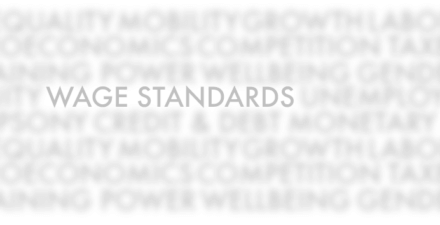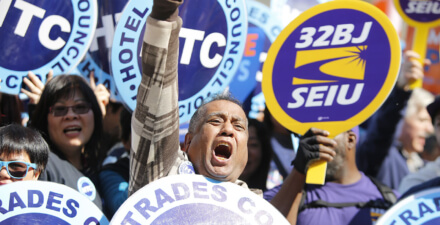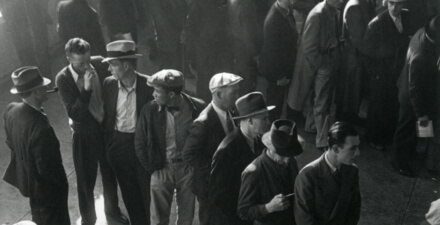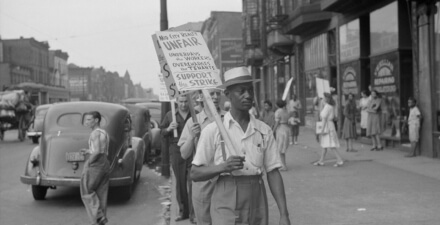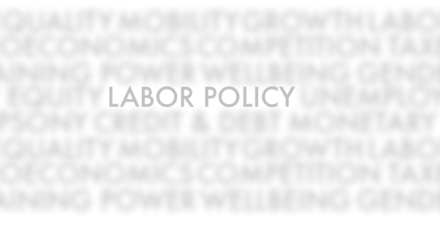Overview
Workers in the United States are experiencing record unemployment at the same time that governments across the country are facing extraordinary budget deficits. Evidence from the Great Recession of 2007—2009 indicates that high levels of unemployment weaken the labor market power of those low-wage workers who remain employed. Minimum wage violations increased dramatically during the Great Recession, disproportionately impacting Latinx, Black, and female workers. We anticipate the coronavirus recession will result in increased violations, yet as high unemployment adds to workers’ desperation to maintain any job, the likelihood that low-wage workers will file complaints with an enforcement agency will decrease. Because the predominant U.S. labor market enforcement model relies on individual complaints to trigger an investigation, workers most impacted by the coronavirus recession are at risk of being overlooked by regulators unless agencies embrace a different enforcement framework. This report describes the main elements of a more proactive strategic enforcement and co-enforcement approach, and details how federal labor enforcement standards can be reformed to meet the challenges of a changing U.S. labor market hit hard by the coronavirus recession.
Key Takeaways
This report examines the relationship between unemployment levels and minimum wage violation rates during the Great Recession to better understand what policies are needed to protect workers’ rights during the coronavirus recession. We found that:
- The share of low-wage workers suffering minimum wage violations during the Great Recession rose and fell significantly along with unemployment.
- The probability that a low-wage worker would be paid below the minimum wage ranged from about 10 percent to about 22 percent.
- Each percentage point increase in a state’s unemployment rate predicts, on average, almost a full percentage point increase in the probability an individual worker would experience a violation.
- The average amount of money these workers lost to minimum wage violations was 20 percent of their hourly wage, or $1.46 per hour on average.
- The negative consequences of the Great Recession were shouldered by some groups of low-wage workers more than others. Specifically:
- Noncitizens were more than twice as likely to experience a minimum wage violation than citizens.
- Latinx workers were 84 percent more likely to have their minimum wage rights violated than white workers.
- Black workers and women were almost 50 percent more likely than White workers and men, respectively, to have their minimum wage rights violated.
- Latinx women who were not U.S. citizens were four times more likely to experience a minimum wage violation than White male citizens.
- Noncitizen Black women were 3.7 times more likely to be subject to minimum wage violations than White male citizens.
- Our analysis of a random sample survey of registered voters in California from April 16 to April 20, 2020 found that:
- Thirty-five percent of respondents who were working at the time of the survey reported that they would not be paid if they were to get sick with COVID-19 despite the state’s long-established paid sick leave protections.
- Fifty percent of respondents in households that make less than $60,000 per year believed that they would not be covered by paid sick leave protections.
- Thirty-eight percent of Latinx respondents believed that they would not be covered by paid sick leave protections.
We anticipate the coronavirus recession will result in increased violations. But as high unemployment adds to workers’ desperation to maintain any job, the likelihood that low-wage workers will complain to an enforcement agency will decrease. Because the predominant U.S. labor market enforcement model relies on complaints to trigger an investigation, workers most impacted by the coronavirus recession are at risk of being largely overlooked by regulators unless agencies embrace a different enforcement framework.
Related
Rebuilding U.S. labor market wage standards
Building worker power in the United States
Explore the Equitable Growth network of experts around the country and get answers to today's most pressing questions!


